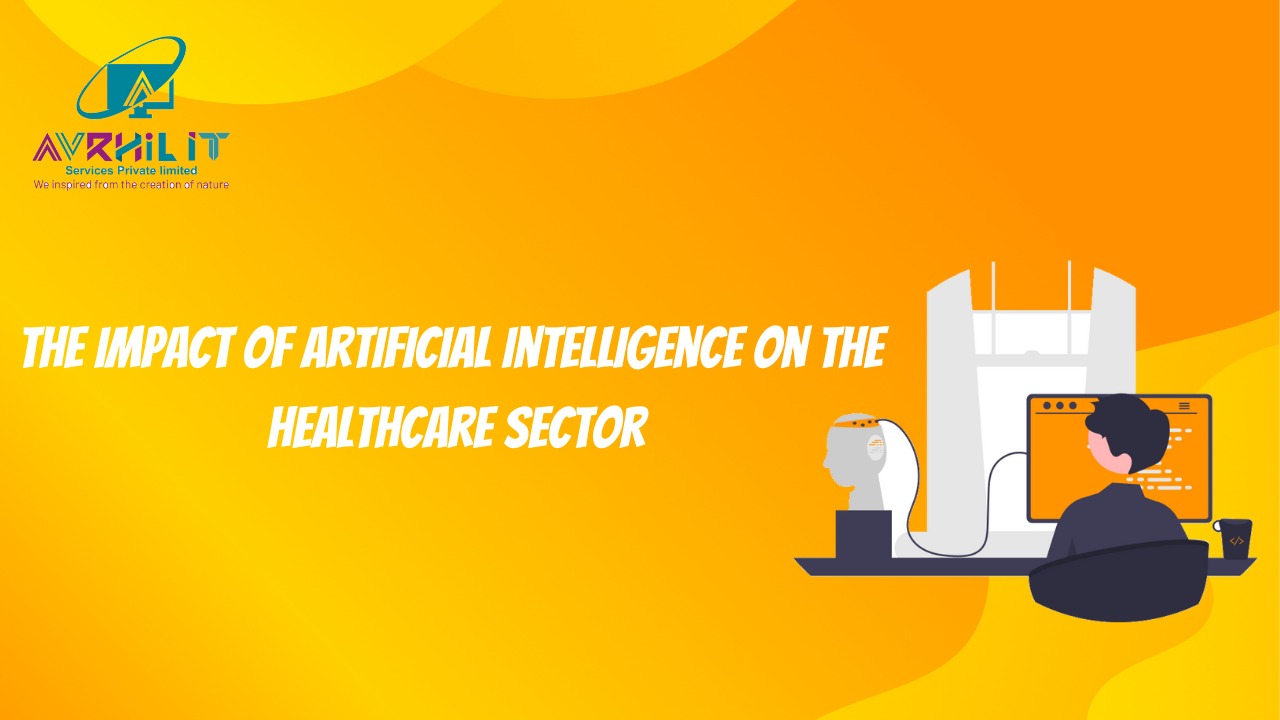
The Impact of Artificial Intelligence on the Healthcare Sector
The Impact of Artificial Intelligence on the Healthcare Sector
Introduction
The major goals of a doctor are to keep people well, heal the sick, and save lives. These days, technology is becoming more and more significant in this field in the form of artificial intelligence. With the help of AI, doctors can complete a variety of duties with little difficulty. This will allow them to concentrate on giving patients the medical attention they so desperately need.
There are numerous definitions of artificial intelligence (AI). It is a machine that is capable of autonomous decision-making and supervised learning. AI technology is crucial for resolving issues in a variety of industries, such as manufacturing, logistics, finance, and health care. By automating repetitive operations, it may also be able to help firms become more efficient by freeing up staff members to work on more complicated projects.
The creation of intelligent computer systems capable of acting as rational agents is the focus of artificial intelligence. A rational agent is capable of independent thought, planning, and decision-making. Thus, in today's medical profession, artificial intelligence is essential.
Current AI Trends and Advancements
- Machines are used to diagnose problems more quickly. IBM Watson is among the most well-known healthcare technology. It can answer enquiries and comprehend words. To draw a judgement, the system analyses patient data as well as information from external sources.
- Medical research, patient identification, disease treatment, drug development, pharmaceutical production and manufacture, genetic testing, diagnostic procedures, medical services, and radiological imaging methods like X-rays all depend heavily on computer programs. Additionally, any mobile app development company can make health apps.
- Medical facilities all across the world have created AI algorithms for their divisions.
- AI algorithms for healthcare have also been created by major tech firms like Microsoft and Google. In order to support operational initiatives that generate cost savings, improve patient happiness, and meet their personnel and workforce demands, hospitals are also searching for AI software.
- The United States is currently spending billions of dollars to further the development of artificial intelligence in the medical field. However, working with clinical procedures and custom EHR (electronic health record) systems might make it difficult to use AI in healthcare for diagnosis and treatment plans.
- Apollo hospitals in India have started using surgical robots. This is a great indication that AI will continue to advance in the medical field.
Artificial Intelligence Applications in the Healthcare Sector
One of the first fields where AI is very effective is medicine. The modern world has always relied heavily on medical technology. The quality of life for individuals all over the world has significantly improved as a result of improvements in medical technology, which have produced better and more efficient therapies for patients.
Precision
- With the right training, artificial intelligence (AI) can surpass humans in accuracy by using its capacity to gather and analyse data to make better decisions for activities like spotting malignant growths on x-rays.
- AI is utilised in healthcare to develop smart technologies that benefit patients and physicians.
- These days, computers are extremely complicated and depend on a variety of difficult-to-understand software and algorithms. These software programs and algorithms can be made more accurate and efficient with the help of artificial intelligence.
- In order to prevent and diagnose diseases, AI systems may also examine vast amounts of data from electronic health records.
- Automated devices save up to 50% of time, eliminate human mistake, and produce data and insights that were previously unattainable.
AI Assistants and Robots
- Doctors' experience, expertise, and understanding are enhanced by robots equipped with cameras, mechanical arms, and surgical tools.
- Throughout the entire procedure, the surgeon guides other team members who collaborate closely with the robot.
- Robotic surgery is commonly used for head and neck surgery, prostate surgery, and gynaecologic surgery.
- From a computer console, surgeons operate the mechanical arms. Simultaneously, the robot provides the physician with a magnified, three-dimensional image of the surgery site that is not possible for surgeons to obtain with their eyes alone.
AI's Obstacles in the Medical Sector
- Although people think technology could take the place of manual labour, technology can never fully replace our ability to perform physical labour.
- When applying AI in healthcare settings, a number of possible issues need to be taken into account. There are some obstacles that must be surmounted.
- AI usage training is required for healthcare personnel.
- Healthcare providers may guarantee that patients receive the finest care possible by doing this.
- To make sure AI doesn't provide any hazards or difficulties for patient safety, it must be properly planned and managed.
Conclusion
AI is a useful tool in the healthcare sector, but its application needs to be optimised. However, there are worries that some types of AI could result in grave moral dilemmas, like the pervasive use of computers or robots to decide on human life without the necessary safeguards in place.
Additionally, there are concerns that governments or corporations may purposefully employ AI to spy on its citizens without their knowledge or consent. Despite its flaws, AI has shown itself to be a useful instrument in the medical field.


